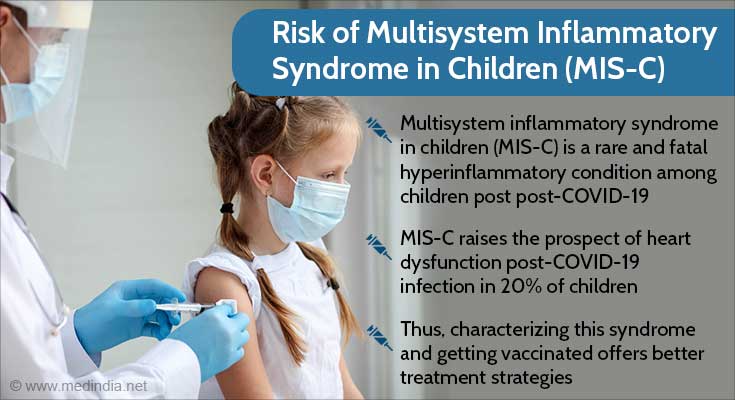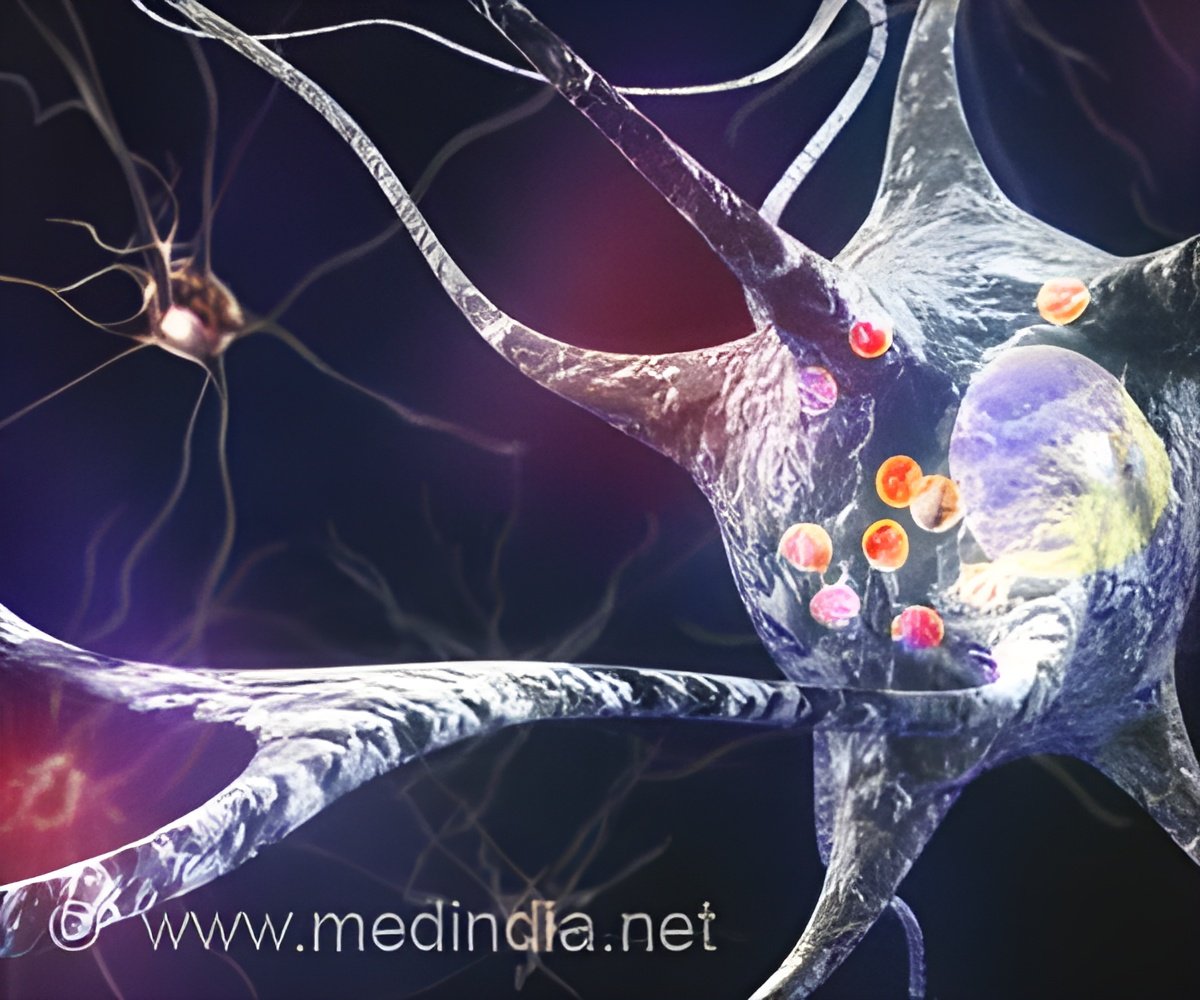(it involves the skin, mouth, and lymph nodes) and toxic shock syndrome (complication of bacterial infection). Due to the involvement of multiple systems and imprecise mechanisms, it is important to define this syndrome and its risk factors, so that treatment interventions can be adjusted subsequently.
says Dr. Gautam Singh, lead author of the study and chief of Paediatric cardiology, Children’s Hospital, Michigan.
The study investigated 54 children with MIS-C who were admitted to Children’s Hospital last year. It was found that the majority of the kids’ heart and blood vessels were affected and some even required a life support machine called “Extracorporeal membrane oxygenation(ECMO)” to survive.
Even among the 20% of the children who seemed to fully recover, had signs of abnormal heart function on ultrasounds. Hence they were followed up and by the end of six months, they fully recovered.
Although COVID doesn’t cause serious complexities in most children, the present study stresses the need for adults to continue guarding these young ones by getting themselves and their children vaccinated.
Other Manifestations of MIS-C
- Apart from myocardial dysfunction, other cardiac events like pericarditis (inflammation of the pericardium), valvulitis (inflammation of heart valves), or coronary abnormalities (including ECHO findings or elevated Troponin/NT-proBNP), have also been described by WHO.
- Rash or bilateral non-purulent conjunctivitis or mucocutaneous inflammation signs (oral, hands, or feet).
- Hypotension or shock.
- Coagulopathy (analyzed by PT, PTT, elevated d-Dimers).
- Acute gastrointestinal problems like diarrhea, vomiting, or abdominal pain.
- Elevated markers of inflammation such as ESR, C-reactive protein, or procalcitonin.
Managing COVID-19
-
With unpredictable effects of the coronavirus, the best way to keep it at bay is to follow COVID-appropriate safety practices like wearing a mask, regularly cleaning your hands, and coughing into a bent elbow or tissue along with physical distancing (6 feet about 2 arm’s length), that may help evade the severity of COVID-19 infection - Avoid the crowd and keep away from gatherings
-
Staying home as far as possible in properly ventilated spaces - Seek medical advice at the earliest if any symptoms suspected of COVID-19
- Sustain a healthy diet to boost up your immune system
References :
- Multisystem inflammatory syndrome in children: A systematic review: Mubbasheer Ahmed et al: E.Clinical Medicine 2021: – (https://doi.org/10.1016/j.eclinm.2020.100527)
- Multisystem inflammatory syndrome in children: A systematic review – (https://www.thelancet.com/journals/eclinm/article/PIIS2589-5370(20)30271-6/fulltext)
- Multisystem inflammatory syndrome in children and adolescents temporally related to COVID-19 – (https://www.who.int/news-room/commentaries/detail/multisystem-inflammatory-syndrome-in-children-and-adolescents-with-covid-19)
Source: Medindia



